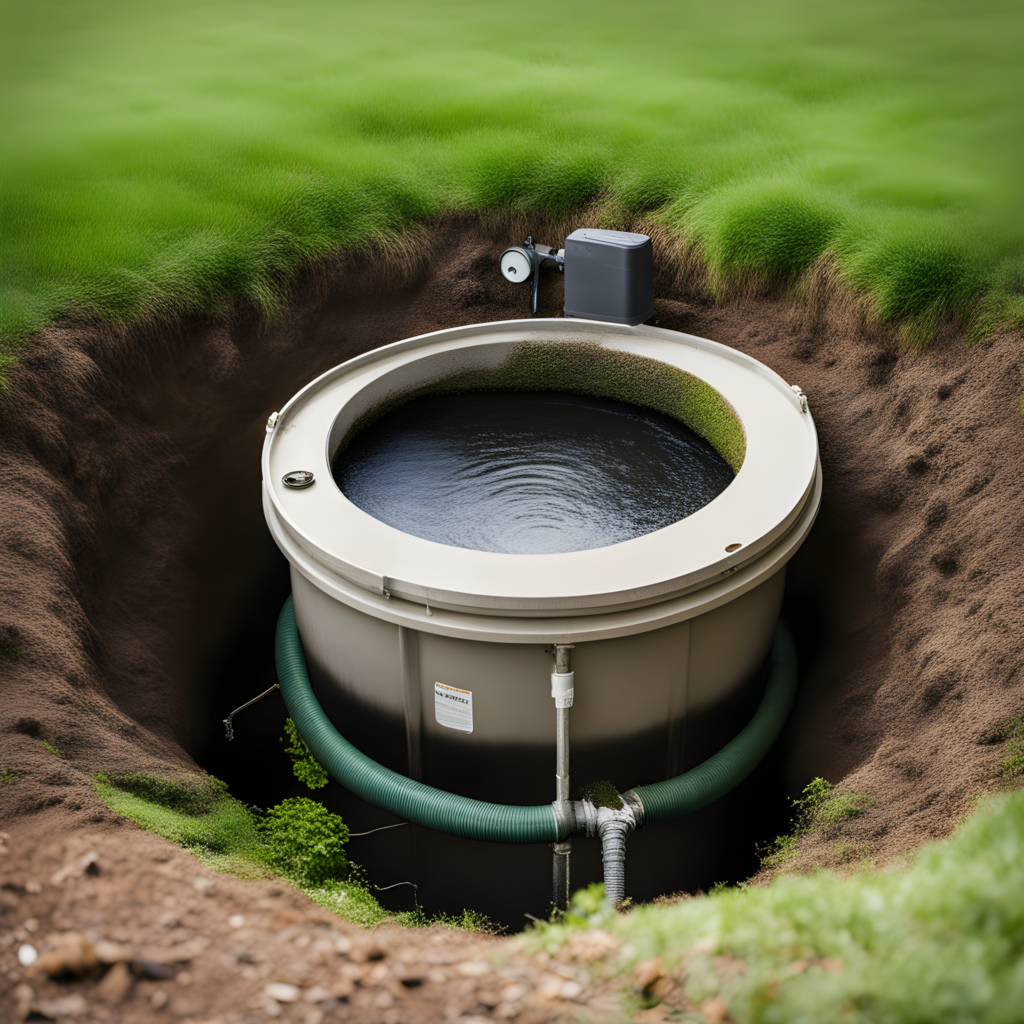The US Department of Housing and Urban Development (HUD) is essential in helping millions of Americans find affordable housing. Septic systems are frequently used in HUD homes, particularly those in rural or less populated locations, to control wastewater. Septic systems are mostly dependable, but they can develop issues.



In this blog, we will explore the five most common septic system problems that occur in HUD properties and discuss how to address them.
But before that, let’s discuss why it is important to maintain the septic system.
Why is it important to maintain septic systems in HUD properties
There are a few reasons why maintaining septic systems is important in HUD properties:
- Health and Safety: If a septic system fails, raw sewage can back up into the house or leach into the ground. It can contaminate drinking water and pose a health risk to residents.
- Environmental Protection: Residential septic systems treat wastewater. If the system fails, untreated sewage may enter the environment, polluting waterways and harming wildlife.
- Property Values: HUD homes with malfunctioning septic systems may be less valuable because of the high cost of repairs and potential buyer deterrence.
- FHA Loan Requirements: FHA loans are commonly used to finance HUD properties. To qualify for FHA financing, septic systems must meet local health department standards and be functioning properly.
So, this is why maintaining septic systems in HUD properties is important to protect the health and safety of residents, the environment, and the value of the property.
Common septic system problems include:
- Septic Tank Overflows:
Septic tank overflows are among the most typical problems with septic systems. This occurs when the tank fills up with solid waste, causing sewage to back up into the building or to seep into the ground. Regular septic tank pumping and maintenance are necessary to avoid this issue. To prevent this problem, regular septic tank pumping and maintenance are essential. HUD property owners should schedule routine inspections and pumping to ensure the tank is functioning correctly.
- Drain Field Issues:
An important part of the septic system is the drain field, commonly referred to as the leach field. It spreads cleaned wastewater into the ground. There are several common problems associated with drain fields, including soil compaction, root intrusion, and overloading. The drain field may become less efficient when these problems arise, resulting in sewage backup or damp areas on the land. These issues can be avoided with proper landscaping, root barriers, and water conservation.
- Leaks and Cracks in the Septic Tank:
Septic tanks might eventually develop leaks or cracks because they are often built of concrete, plastic, or fiberglass. These holes allow sewage to leak out and groundwater to enter the tank, potentially poisoning the environment. The early detection and repair of tank leaks and cracks can save money on repairs and protect the environment.
- Septic System Odors:
The presence of unpleasant smells on the property or within the home may indicate septic system issues. A broken vent pipe, a faulty seal, or issues with the drainage system can all lead to odors. Unpleasant odors can be reduced with adequate ventilation and system sealing. To get rid of the smell-causing sediments, the septic tank may occasionally need to be pumped.
- Tree Root Intrusion:
The wetness in the soil around septic systems naturally attracts tree roots. Tree roots can gradually invade the septic system’s pipes and parts, resulting in clogs and damage. Property owners should think about placing trees away from the septic system and routinely examining and cleaning roots from the pipes to prevent tree root incursion.
Conclusion:
Maintaining a septic system in a HUD property is crucial for the health and safety of residents and the environment. By addressing these common septic system problems proactively, property owners can ensure that their septic systems function properly and avoid costly repairs and environmental damage. Regular inspections, proper maintenance, and responsible water use are key to keeping septic systems in good working order and ensuring the well-being of HUD property occupants. Explore our website and register for the free webinar training on affordable housing and related topics.




